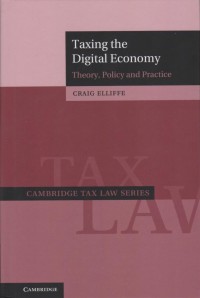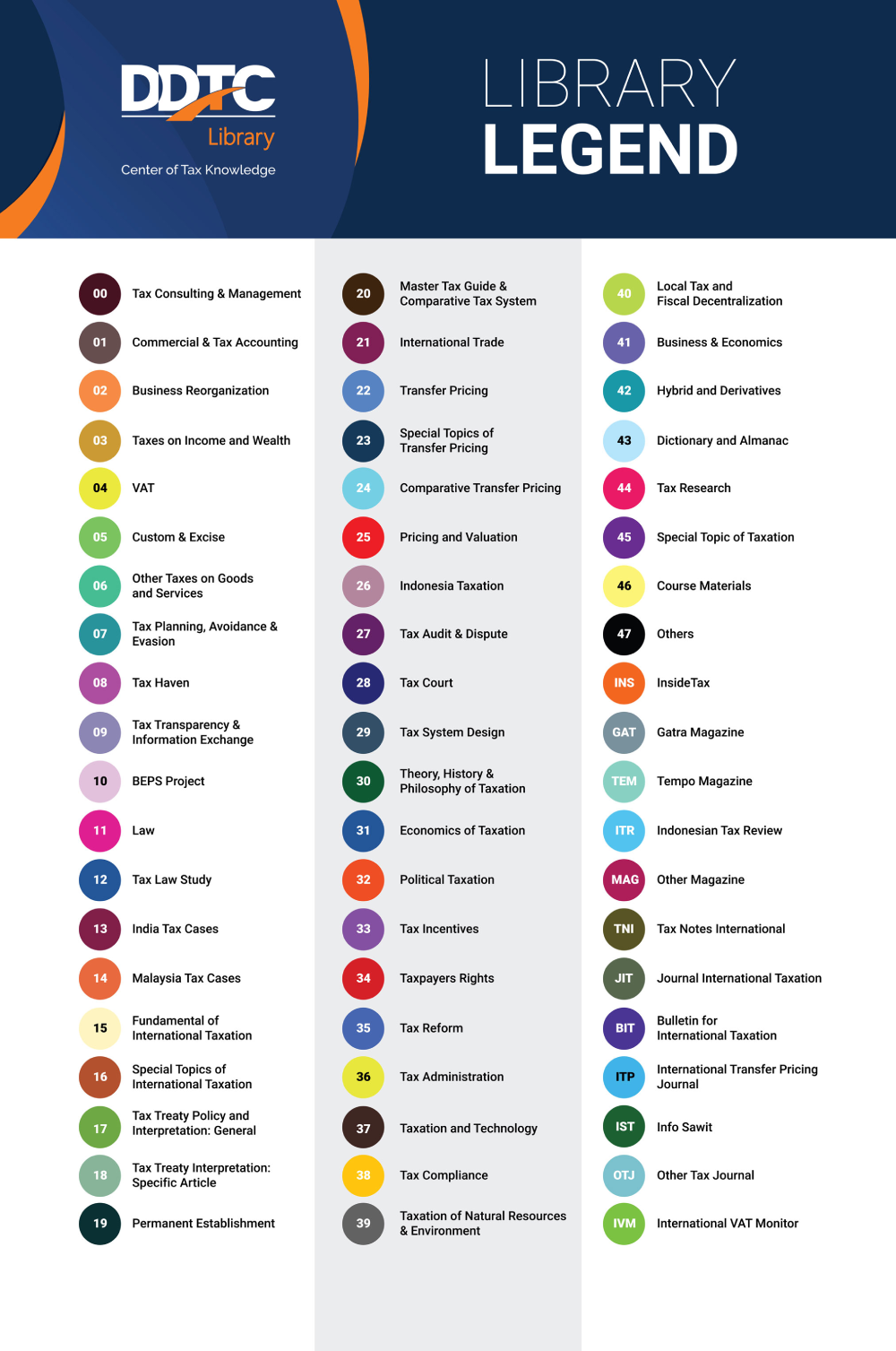
Book
Taxing the Digital Economy: Theory, Policy and Practice
The question of how to tax multinational companies that operate highly digitalised business models is one of the most contested areas of international taxation. The tax paid in the jurisdictions in which these companies operate has not kept pace with their immense growth and the OECD has proposed a new international tax compromise that will allocate taxing rights to market jurisdictions and remove the need to have a physical presence in the taxing jurisdictions in order to sustain taxability. In this work, Craig Elliffe explains the problems with the existing international tax system and its inability to respond to challenges posed by digitalised companies. In addition to looking at how the new international tax rules will work, Elliffe assesses their likely effectiveness and highlights features that are likely to endure in the next waves of international tax reform.
Clearly explains the new OECD/Inclusive Framework proposals for a proposed multilateral international tax system
Explains the historical background of the original international tax compromise and analyses the theory and policies behind it
Highlights the seven key taxation challenges posed by highly digitalised business models
Detail Information
| Call Number |
37 TAX cra
|
|---|---|
| Publisher | Cambridge University Press : United kingdom., 2021 |
| Collation |
xiv, 340p, 23.5 cm
|
| Language |
English
|
| Classification |
37 TAX cra
|
| ISBN/ISSN |
9781108485241
|
| Edition |
-
|
| Subject(s) |






